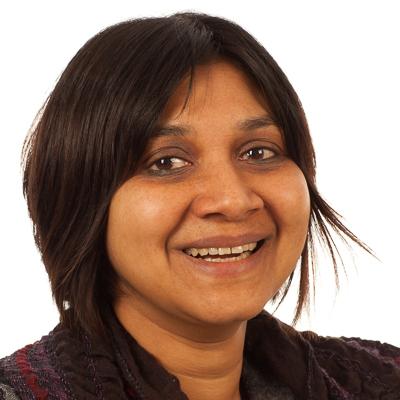Abstract
This report describes existing software tools for analysing operation and expansion of local energy systems and is written in WP5 in the Research Centre on Zero Emission Neighbourhoods in Smart Cities (ZEN). WP5 in FME ZEN aims to develop and apply methodologies that identify the socioeconomic optimal operation and expansion of energy systems within demarked areas. The eTransport model is planned to be further developed and used to analyse pilot cases in ZEN. This report provides a brief description of the eTransport model and other alternative models found in the literature or used by partners in FME ZEN. The models are assessed based on their suitability to address the planned research tasks in FEM ZEN WP5. The report also includes a description of models developed for global and international analysis.
We are grateful for views and suggestions provided by Henrik Madsen (professor at DTU), and for comments provided by Anne Grete Hestnes (professor NTNU)






